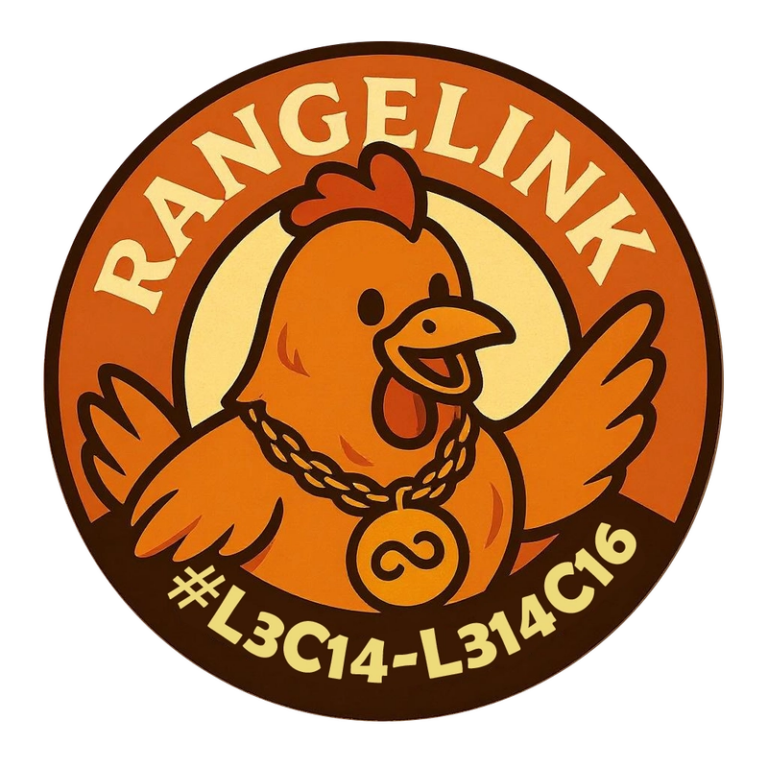Mechanised Learning — When the Plough Gives Way to Precision Gears, What Harvest Will the Mind Yield?
There was a time when education was like farming in its earliest form — slow, manual, and bound to the limits of muscle and daylight. The teacher’s chalk was the farmer’s plough, cutting furrows of knowledge into the soft soil of young minds. Lessons came in steady rows, planted with patience, harvested only after long seasons of repetition.
It worked — but just like early agriculture, it was hard work with uneven results. Not every seed grew. The wind of forgetfulness carried some away; others struggled in the shadow of outdated methods.
Today, however, we stand in an educational landscape that feels less like a humble field and more like a precision-engineered farm. In agriculture, mechanisation meant tractors, seed drills, and AI-driven soil analytics—machines that could plant, water, and harvest with breathtaking accuracy.
In learning, mechanisation has arrived in the form of digital platforms, adaptive learning algorithms, virtual reality classrooms, and AI tutors that can respond in real-time. The “plough” of the past— one size fits all lectures, rigid curricula, limited access to resources-is being replaced with gears that turn smoothly and precisely, tailoring the learning experience to each mind. Let’s explore this shift in my Mechanised Future series!
When the Plough Gives Way to Precision Gears: Mechanised Learning in Action
Just as farms don’t flourish without farmers, mechanised learning still depends on human intent, curiosity, and creativity. The tools exist — but like any machine, they produce value only when used wisely.
Here are some of the new “precision gears” of learning and how to harness them:
AI Tutors & Writing Assistants
- Examples include: ChatGPT, Claude, Gemini, Writesonic, etc.
- They can be used as “learning sparring partners” — ask, challenge,
and probe. Break down complex topics into more straightforward explanations or analogies. Practice “teach-back” by explaining their output in your own words.
Global Lecture Halls
- Examples include: YouTube EDU, Khan Academy, MIT OpenCourseWare, Coursera, etc.
- Use them to build a personal “curriculum” playlist on one topic and
commit to it. Adjust playback speed for efficiency. Pause often to apply what you’ve learned in small exercises.
Skill Simulation Labs
- Examples include: Duolingo (languages), Brilliant.org (math & science), Codecademy (coding), Labster (virtual labs), etc.
- Make use of them to learn in micro-sessions (15–30 minutes daily). Keep streaks alive for motivation—pair simulation with a real-world application.
Knowledge Gardens
- Examples include: Notion, Obsidian, Roam Research, Evernote, etc.
- Use them effectively to build a “second brain” for storing and connecting ideas- tag and link notes to discover hidden relationships between topics. Review regularly to reinforce memory.
Peer Learning Communities
- Examples include: Reddit communities, Discord study groups, StudyStream, Stack Exchange, etc.
- Use them to engage in discussions and share progress. Ask and
answer questions to deepen understanding. Use community accountability to maintain momentum.
Gamified Learning Platforms
- Examples include: Quizlet, Kahoot!, Prodigy, Elevate, etc.
- They can be used to turn reviews into competitive games. Play against
friends or colleagues to make learning fun. Use spaced repetition to lock in long-term recall.
The New Harvest
If the plough’s harvest was literacy, discipline, and rote knowledge, the gears may yield a generation that can:
- Learn faster with personalised reinforcement.
- Apply knowledge in simulated environments before the real world.
- Collaborate across cultures without leaving their homes.
- Think critically — not by memorising facts, but by learning to find, question, and apply them.
But Beware the Over-Mechanisation
History warns us: machines can breed overdependence, erode foundational skills, and widen inequality if access is uneven. In learning, the risk is real — if only some can turn the gears, the gap between the knowledge-rich and knowledge-poor will grow.
The challenge is not only to innovate but to democratise — ensuring these tools reach every learner, everywhere.
The Call to Cultivate
When the plough gives way to precision gears, the harvest will depend on the farmers of thought: educators, innovators, parents, policymakers, and learners themselves. Education was once the gatekeeper to work. Now it’s the bridge. In a mechanised future, learning is no longer preparation for life—it is life.
We can plant seeds of curiosity, creativity, and empathy in this newly tilled soil — or let the gears grind out uniformity in a world hungry for diversity of thought.
The machine is ready. The soil is rich. The seeds are in our hands.
What will we plant?
Next in the series: “From Plough to Prototype”- Governing the Future, Building the Bridges.

